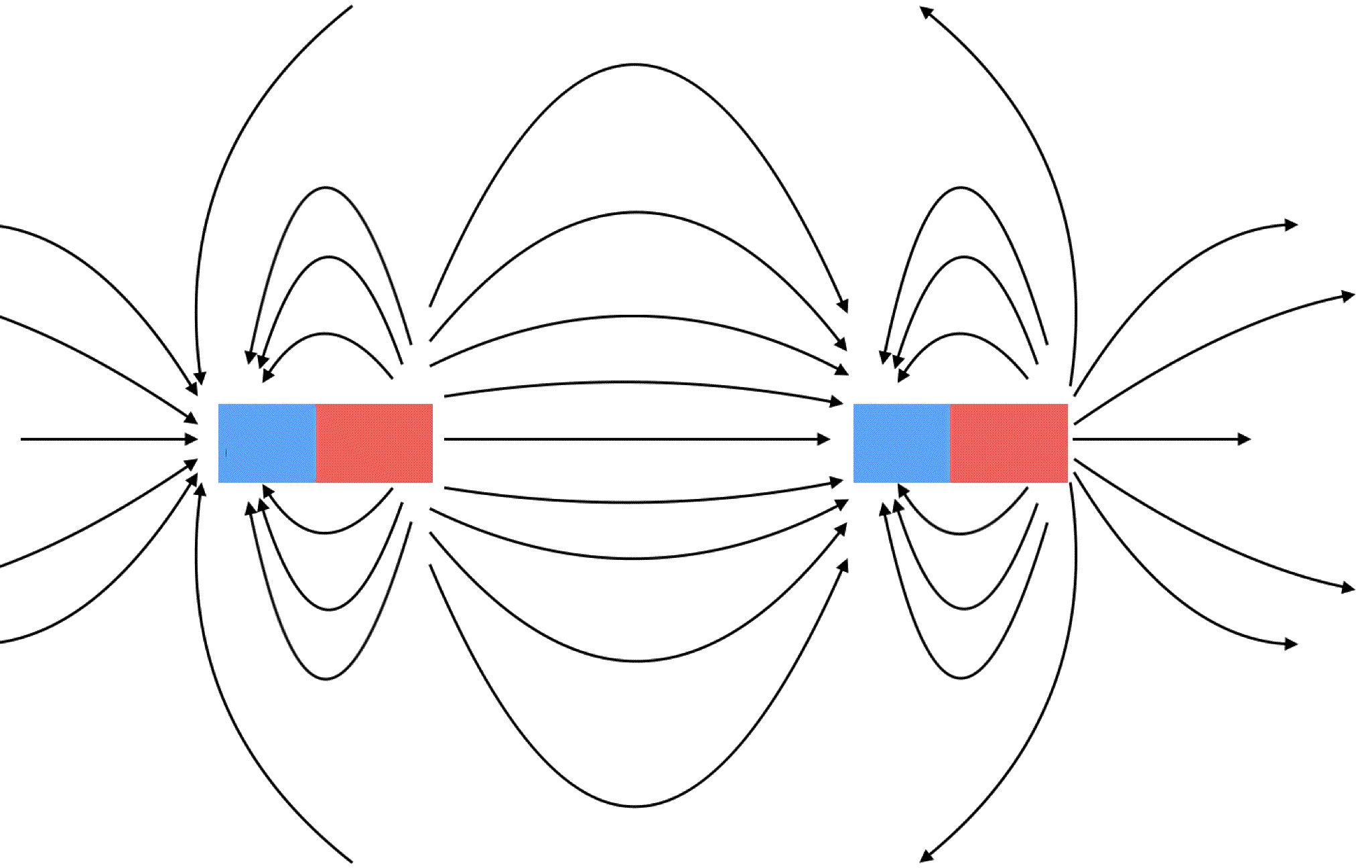
In this (long) two-part paper we aimed to derive central aspects of cognition from first principles and called the resulting framework core cognition. We summarized many of its key terms in Table 1. We derived two separate forms of cognition; coping: for addressing pressing problems and, hence, aimed at its termination; and co-creation: aimed at optimizing everything in the context of everything else and aimed at its perpetuation. We claim that both strategies are essential; but it is the interplay of their strengths that, somewhat unexpectedly but logically, leads to the dominance of one of them: co-creation. Because we derive our conclusions from studying generic living agents, we claim that our results not only pertain to human well-being, but to well-being in general: well-being for all living beings, and by extension, for the biosphere.
The different purpose and character of coping and co-creation leads to two complementary ontologies of cognition that each follow their own internal logic and have separate key concepts. Coping expresses the cognition for survival and co-creation expresses cognition for flourishing. The differences in goals and internal logic of coping and co-creation entails that individuals who approach the world from these different logics do not understand each other at all. Coping and co-creation adequacy has to be learned from real-world interactions on top of innate abilities (to acquire these). But not everyone becomes adequate in both.
Section 3 showed that the four combinations of coping and co-creation adequacy or inadequacy underlie the structure of identity in humans and shed a new light on why the identity statuses have their characteristic properties and how this connects to how each status approaches information. In particular, the combination of adequate coping and inadequate co-creation leads to individuals who strive to control their environment – by promoting a single shared world-view and a single set of appropriate behaviors – to prevent it spinning out of the scope of their control, and hence exposing a narrow basis of adequacy. This is the authoritarian mindset as reflected by the foreclosed identity and its normative information processing style. Stenner’s (2005) authoritarian dynamic – intolerance to diversity equals the degree of authoritarianism times the normative threat level – follows directly from these properties.
In Section 4 we applied core cognition as a meta-theoretic tool. We concluded that striving to realize what is known in the literature as ‘ontological security’ is a precise expression of the coping mode’s (limited and doomed) capacity for well-being. In fact, we concluded that ontological security leads to a self-limiting form of well-being – pathological normality – that has been described as “abnormal normality” by Huxley (1958) and Fromm, and as “the pathology of the average” by Maslow (1968, p. 16). In contrast, Maslow’s understanding of well-being and self-actualization exemplifies co-creation. And we concluded that psychological safety provides the preconditions that maximize well-being and the healthy normality of developing coping and co-creation adequacy.
Already in 1973, Newell wondered about Psychology’s ability to produce wonderful scientific papers (Newell, 1973). He asked himself the question whether Psychology would have achieved “a science of man” at his assumed retirement age in 1992, or would another multi-decade period of paper production be necessary to “home in on the essential structure of the mind.” Newell concludes: “I am worried that our efforts, even the excellent ones I see occurring here, will not add up” (to the formulation of “a science of man”). He speculated: “Maybe we are reaching the day of the theorist in psychology, much as it exists in other sciences such as physics. Then the task of putting things together falls to them and experimentalists can proceed their own way” (Newell, 1973, pp 306)
Perhaps we have contributed a unifying perspective – by assuming core cognition shared by all of life – that helps make sense of the huge body of data that psychology has compiled. We hope we have and we will investigate this further by applying core cognition insights in diverse domains such as happiness and education research, separate brain systems such as dual type processing (Evans and Stanovich, 2013) the left & right hemisphere (McGilchrist, 2012), the structure of values (Fontaine et al., 2008), and radicalization and extremism. Our hope is not to fragment knowledge and understanding any further, but to find more ways in which to unify the acquired body of evidence in a more manageable framework.
Text based on Andringa & Denham (2021a). The environment from which agents can derive all they need to survive (and thrive) and to which they contribute to ensure long-term viability (of self and others), Note that we use the term habitat to include other agents, but to exclude the agent.

This is a table with two contrasting self-consistent ontologies that arise from the defining properties of coping and co-creation. Ideally the ontology of thriving dominates with continual focused contributions of the ontology of survival. But it is also possible that coping starts to dominate to the exclusion of the other ontology: a coping trap
